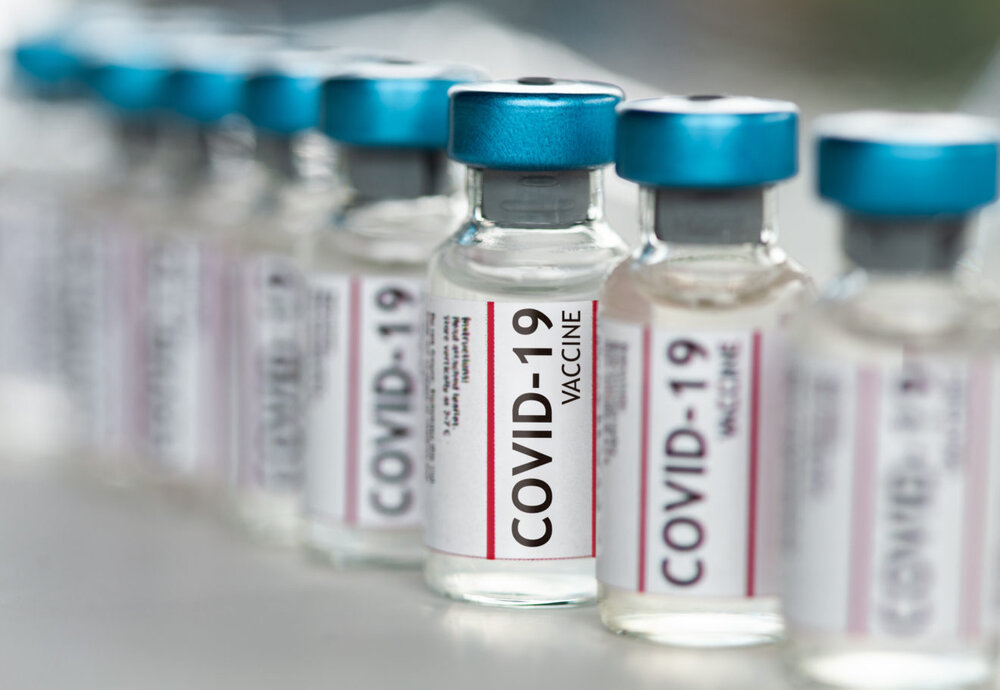Over 27,000 Iranians ready to test home-grown coronavirus vaccine

TEHRAN – Some 27,079 people have so far expressed readiness to test the domestically-made COVID-19 vaccine across the country, head of the information center of Headquarters for Executing the Order of the Imam has said.
"So far, 44,941 people have contacted us to apply for the human test of the coronavirus vaccine, and 27,079 people have announced readiness," Hojjat Niki Maleki wrote on his Twitter account on Friday.
"These people were military forces, students, teachers, university professors, composers, journalists, performers, workers, truck drivers, and miners.
Scientists were highly motivated," he further wrote.
Vaccine on human trial phase
Iran started testing its first domestically-made coronavirus vaccine by injecting it to 56 volunteers aged 18 to 50 years on December 20.
The candidates must remain in quarantine for a week to a month to show the side effects of the vaccine.
In the meantime, the test results are checked several times for blood and cellular immunity.
After the results of the study are determined, the second stage begins with the injection in 500 people, and after 28 days, the third phase begins with mass production.
Mostafa Ghane'ei, an official with the Vice Presidency for Science and Technology, said that the domestically produced COVID-19 vaccine will probably be injected into the whole population by September 23, 2021.
Now that coronavirus vaccines have been developed in the world and the third phase of clinical trials has passed, the possible side effects are almost certain, and Iran will be aware of the side effects which speeds up the process, he noted, adding, “vaccines produced in Iran are the same as those produced in China, India, the United States, etc.”
Iraj Harirchi, the deputy minister of health, has said that in Iran, 12 groups are making efforts to develop coronavirus vaccine, three of which have passed the animal testing.
In December, Namaki expressed hope that the country will introduce the home-grown COVID-19 vaccine by the end of the current Iranian calendar year (March 19, 2021).
COVID-19 toll, new cases on declining trend
Due to the high prevalence of the disease, strict COVID-19 restrictions took effect on October 26.
The National Headquarters for Coronavirus Control started strict restrictions in 43 cities that had the highest rate of infection in the country. Ten days later, decisions were made to set new limitations on highly-affected areas for another 10 days, through which 46 cities undergone restrictions.
The plan divided cities into three levels of alert, namely red, orange, and yellow.
Another plan also went into effect on November 21, according to which all occupations, except for emergency services and basic food suppliers, get closed for two weeks in high-risk cities.
Alireza Reisi, a spokesman for the National Headquarters for Coronavirus Control, said a week earlier that the disease prevalence is declining in 30 of the whole 31 provinces and the death toll had dropped to 50 percent in comparison to the previous month. Also, the hospitalization rate has been reduced by 40 percent.
In a press briefing on Friday, Health Ministry spokesperson Sima-Sadat Lari confirmed 6,021 new cases of COVID-19 infection, raising the total number of infections to 1,189,203. She added that 933,736 patients have so far recovered, but 5,345 still remain in critical conditions of the disease.
During the past 24 hours, 132 patients have lost their lives, bringing the total number of deaths to 54,440, she added.
So far, 7,303,238 COVID-19 diagnostic tests have been performed in the country.
FB/MG
